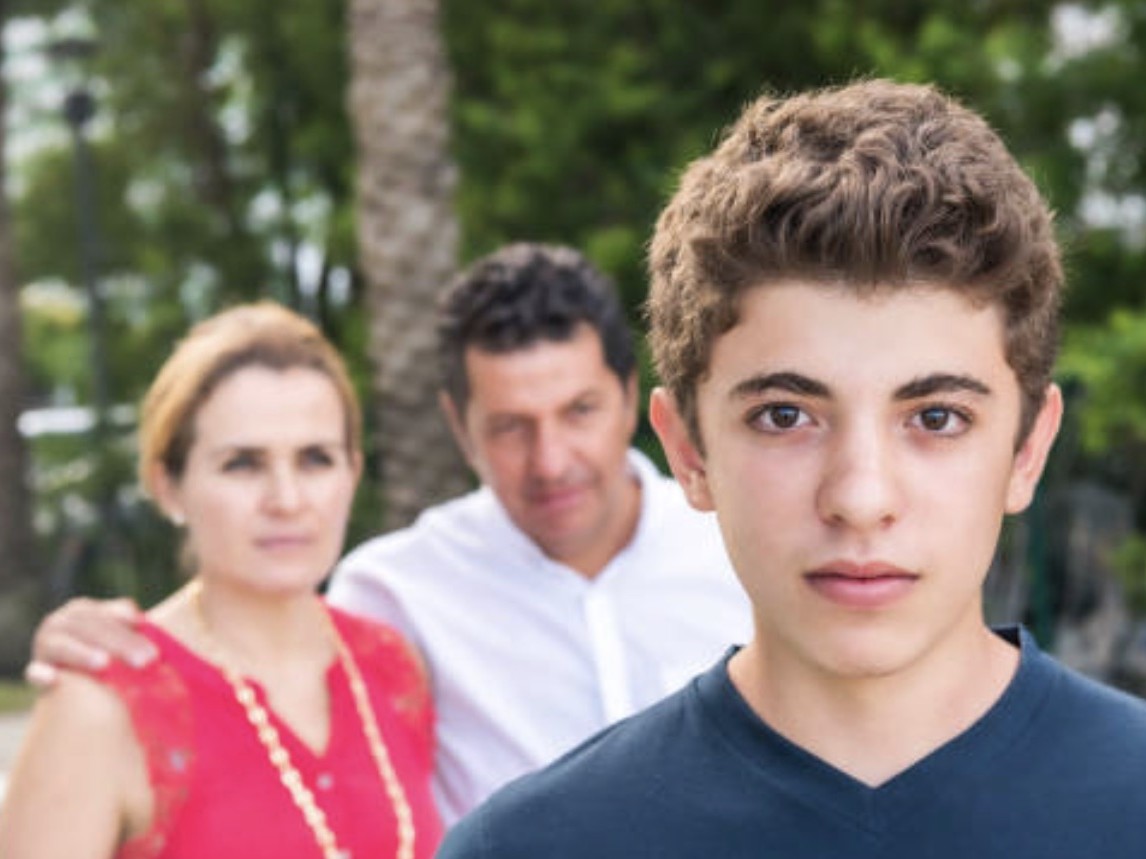The Distant Teenager
You live in the same house, under the same roof but it seems like you’re on two different continents. You talk to them and you know they can hear you, but you wonder if they’re listening. If and when they speak, they’re not really talking.
Your teenager, once the child that was so overly attached to you and cried out for you, is now the young adult that wants privacy and independence. Once the child that clung on to you, is now the adolescent that needs space. Today it seems more and more teenagers are distancing themselves from their parents. Is this part of life’s natural cycle or should parents be worried?
etcetera spoke to Dr. Kenneth Barish, Clinical Professor of Psychology at Weill Medical College, Cornell University in New York, to help explain teenage withdrawal and what parents can do to curb it.
It’s Not You, it’s Me
In normal development, teenagers want to be independent, they want privacy, says Dr. Barish, establishing that yes it is somewhat normal for a teenager to keep to themselves. So parents, don’t freak out yet if your sixteen-year olds bolt to their rooms after school.
At the same time however, Dr. Barish claims that healthy teenagers “balance their desire for independence with moments of closeness, warmth and caring, and moments when they share their ideas and concerns with their parents”. So, when does the desire for moments of closeness become eschewed?
Wait..Maybe, It IS You
When a little independence and privacy become a self-sentence to solitary confinement, then something’s wrong. Teenagers that are distant and withdrawn for prolonged periods of time are a cause for concern, states Dr. Barish. Adding, “Parents should be especially concerned when an adolescent’s withdrawal is accompanied by frequent angry or depressed moods”.
Dr. Barish explains that teenagers become depressed or rebellious when parents are overly critical instead of supportive. “The more that a teenager- or any of us- expects a critical response, the less likely they will be able to open up and share their feelings”, he says. Dr. Barish warns that in such cases a teen’s silence is not a phase to be grown out of “unless family relationships change.”
To make strides towards the adolescent that feels like miles away, Dr. Barish has some advice for parents that might help shorten the distance.
Insta-Interest
Share an enthusiastic interest in your teen’s interests and ideas even when these are not pastime you would choose. Participating in your teen’s hobbies shows them a fun side to you. It tells them you’re not just the parent but also a friend. Even if you have to watch those ‘funny’ videos on Instagram with over a million views, a little laughter goes a long way. Instead of ignoring your friend requests, they’ll tag you on posts.
You CAN Handle the Truth
Set aside time to listen without judgment and criticism to your teen’s concerns and to repair moments of anger and misunderstanding. This helps develop trust and closeness in the relationship. Listening with an open mind shows teenagers they can tell you anything.
It’s OUR way, NOT the high way
Engage teenagers in the solution of problems – listen to your adolescent’s concerns, then express your parental concerns, asking them for ideas about how to solve the problem – for example, how you can respect their privacy and still stay involved in their lives. This is much more effective than just forcing your way; this way, teenagers will be much more cooperative, respecting the rules you’ve jointly agreed upon.
Group Effort
Leaving us with a positive note, Dr. Barish assures us that most teenagers are willing to engage in discussions and will even suggest solutions. They’ll start talking to you when they know you’re listening.
“This is the best way to solve most of the inevitable conflicts parents will have with their teenagers. And the discussion itself is a helpful start”, he insists; the Key word being: INEVITABLE. So, stop treating them like children, and start treating them like the young adults they are.
Kenneth Barish, Ph.D, is Clinical Professor of Psychology at Weill Medical College, Cornell University in New York with over three decades of experience working with families. He is the author of several books, as well as the popular blog, Pride and Joy: A Guide to Understanding Your Child’s Emotions and Solving Family Problems.






